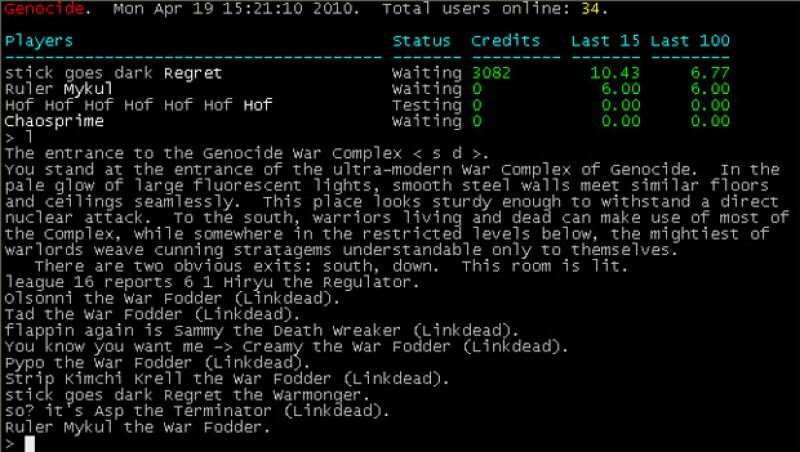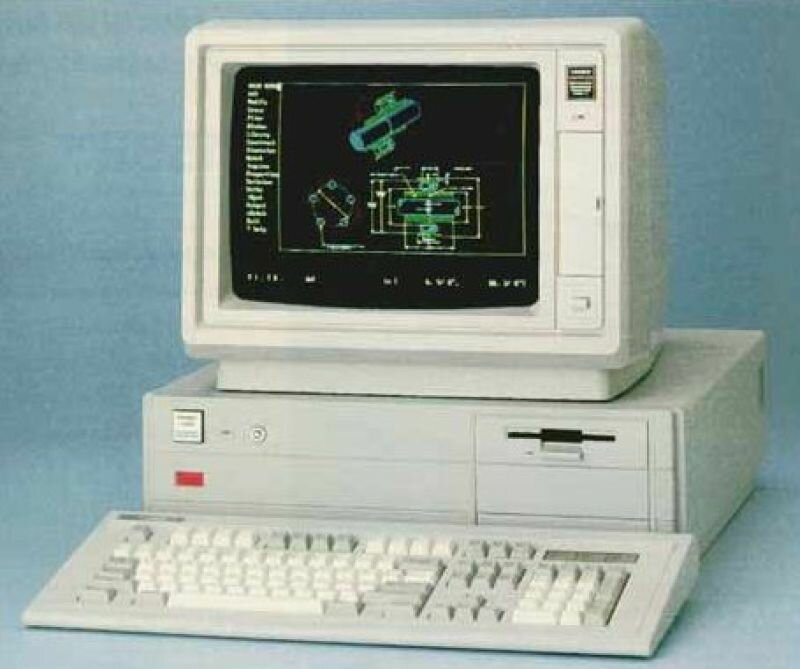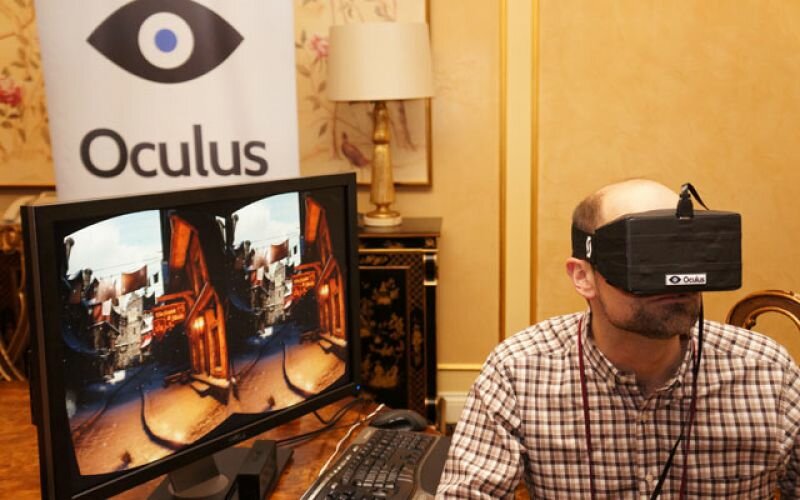
I was born in 1985. The rise of the Internet is something that occurred as I was maturing into adolescence. Unlike my brother, seven years younger than myself, I remember a time before the Internet and remember vividly experiencing that pivotal point.
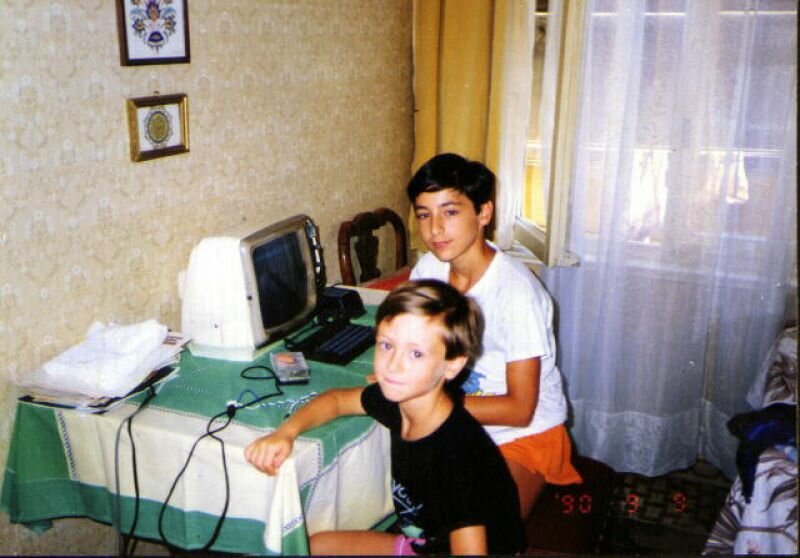
In the early nineties, my family was already in possession of a modem that accessed a Bulletin Board System (BBS). The BBS was limited to a network of local users who each stared at their black screens waiting in anticipation for the green text to light up. And text was all it was; even the ‘adventure game’ consisted of pure text, yet this was an entirely unknown world of excitement for me, a malleable world where interaction with other living, breathing beings was possible.
There are moments in life when you’re confronted with new technology and you’re immediately hinted at its significance. In-ter-net. It must have been ’96 or ’97. Despite my venture into the world of BBS, I had absolutely no conception of what this new world would offer. At this point, the only person I knew with an Internet connection was my techno-geek uncle. I remember my first encounter with the Internet at my uncle’s house and looking over my sister’s shoulder, who was patiently waiting for the excruciating slowness of the modem to yield her a full colour image on a Marilyn Manson fan page. The virtual world then unfolded itself to me in the form of ICQ messenger, Hotmail, Angelfire personal web pages, LiveJournal; and the rest, as they say, is history.
On a side note, the first time I ever heard of Hotmail, I was quite convinced that this would be a homoerotic website of sorts. I’ve always wondered if this was a shared first association or just my hormonal teen mind speaking.
A few other first encounters in technological history that I can clearly remember include: Facebook, Google, my first SMS, the first smartphone, etcetera. But let’s fast-forward to my latest, and possibly the most mind-blowing: the Oculus Rift. The idea of virtual reality has been around for ages. The Lawnmower Man, after all, came out in 1992. Computer technology has only recently caught up to the possibilities of virtual reality as an every-day household appliance. Although not yet widely available, (amateur) game developers are fanatically toying, experimenting, and creating new worlds through a premature version of the equipment as I write this article.
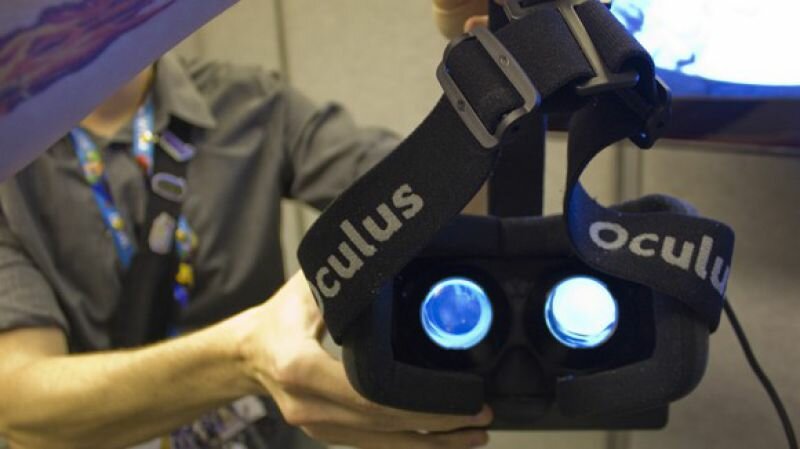
I’m at a birthday party at a friend’s house who happens to be a game developer. A group of excited partygoers is ushered down to his study where the promise of virtual reality lies in a pair of goggles, otherwise known as the Oculus Rift. I sit down and don the apparatus that covers my entire vision with two LCD screens that together form a complete image. I am suddenly in rural Tuscany. The sky above is filled with clouds, dust particles and fluttering butterflies. In the distance, rolling hills are covered with cypresses. The trees around me softly rustle their leaves with the blowing wind. I turn my head, and the world turns with me. I look over the balustrade of a balcony and the towering heights cause a twinge of a fear to course through my body. I pass my hands before my eyes and see nothing – ah, this must be what it feels like to be a ghost!

The eyes quickly adjust to the substandard pixelated screen of this prototype Oculus Rift, as though the brain wants to accept the total immersion in a digital world as truth. And that, of course, is where the crux of the ‘danger’ of this new technology lies: how will life change when the virtual world and the physical world are indiscernible? Will we never have to leave the house again? Will we prefer the virtual world over the real world? How will this affect the relationships we have with one another?
There is one major glitch to the Oculus Rift. Turning your head within the game is accepted and understood by the body. However, travelling and walking back and forth within virtual reality is not. The effect is similar to carsickness: the static body cannot cope with the travelling mind and thus, nausea ensues.
As I make my way back to the party, trying to cope with my turning stomach, I become more aware than ever of my movements and of how my body, mind, and vision are in unison once again. The discord had been lifted. But as I sit down on the couch and look throughout the room a creeping sensation comes over me: what if the discord is always here, and I’ve merely grown accustomed to it? What if what I was seeing every day was nothing more than a film covering reality? What if life was just a virtual reality of another nature? Of course, these thoughts are nothing new, but I had never before felt the possibility of the falseness of reality as intensely, as concretely, and as convincingly as before my foray into the world of the Oculus Rift.
